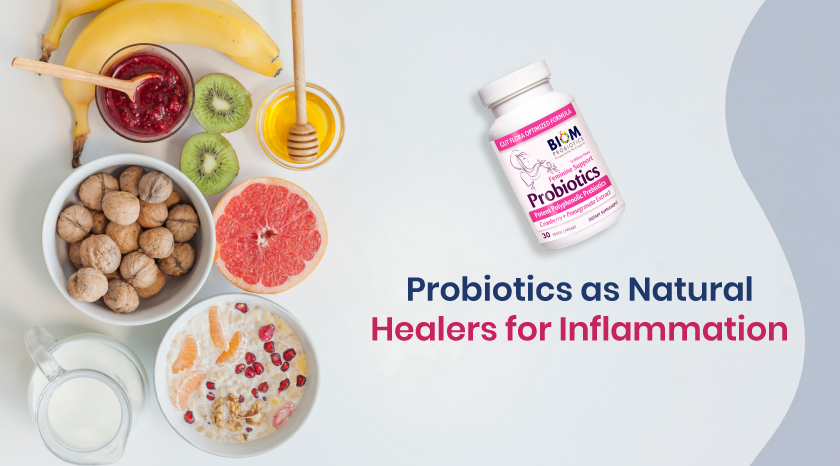Inflammation is the body’s natural response to injury, infection, or irritation, but when it becomes chronic, it can lead to various health issues. Recent studies have shed light on the potential of probiotics in managing inflammation.
Probiotics, known as the ‘good’ bacteria, populate the gut and play a crucial role in maintaining a healthy balance in the microbiome. This balance is essential for a well-functioning immune system and can impact inflammation levels throughout the body.
Research suggests that certain strains of probiotics may help modulate the immune response, leading to reduced inflammation. They achieve this by promoting a balanced microbial environment in the gut, influencing immune cells, and producing anti-inflammatory compounds.
Moreover, the gut and its microbiota are intricately connected to various bodily functions, including inflammation regulation. A healthy gut contributes to systemic well-being and can mitigate inflammation in distant organs and tissues.
Incorporating probiotic-rich foods like yogurt, kefir, sauerkraut, or supplements into your diet may positively impact inflammation. However, it’s crucial to choose strains that have demonstrated anti-inflammatory properties in scientific studies.
While research on probiotics and inflammation is promising, it’s essential to consult with a healthcare professional before making significant changes to your diet or supplement regimen. Probiotics, combined with a balanced lifestyle, have the potential to become a natural ally in the fight against chronic inflammation.





